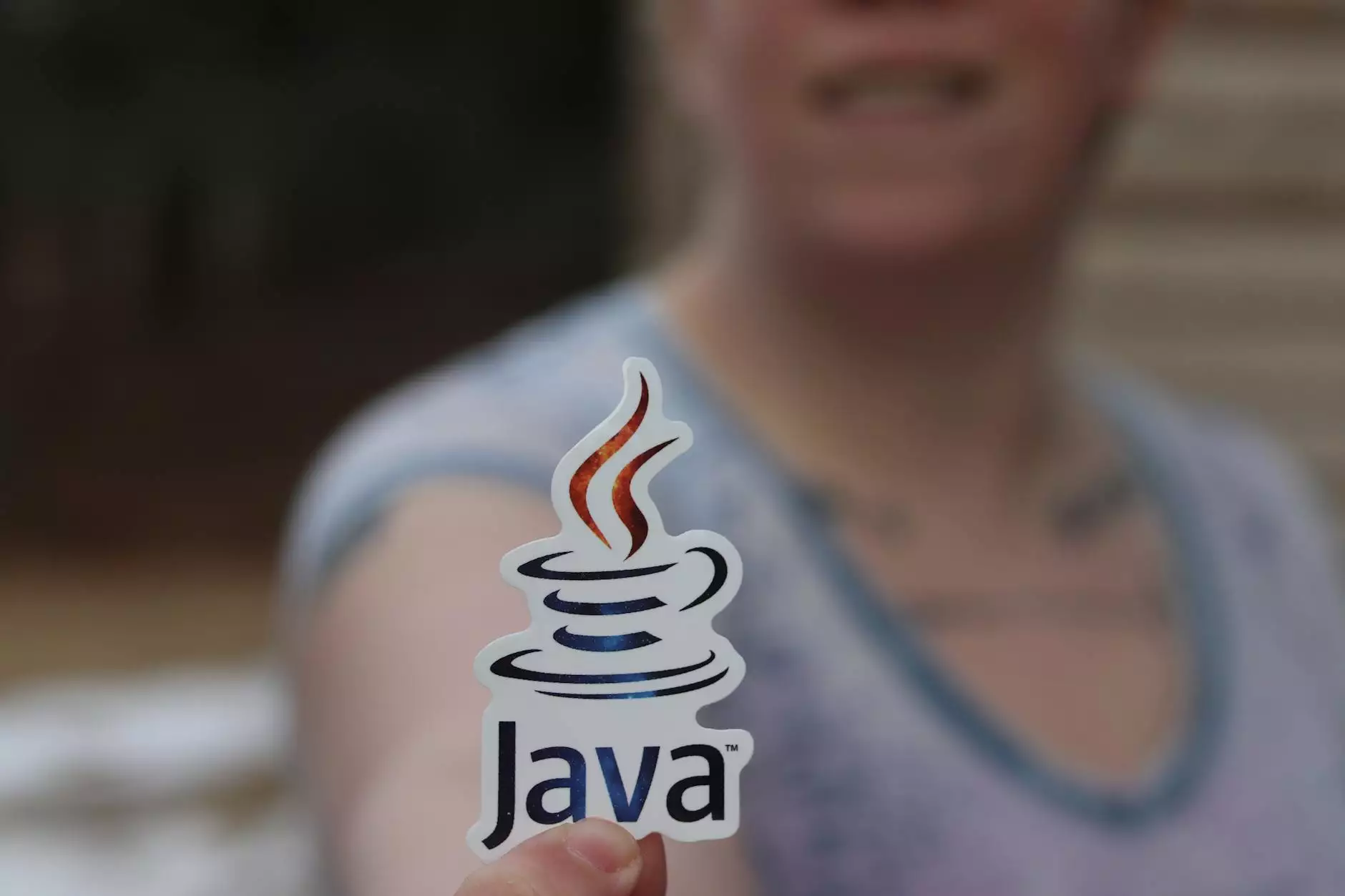Understanding Medical Coding Courses for Beginners

Medical coding is an indispensable part of the healthcare industry. It involves the transformation of healthcare diagnoses, procedures, medical services, and equipment into universal medical alphanumeric codes. In this article, we will delve into the world of medical coding courses for beginners, illustrating their significance, content, and how they can pave the way for a successful career in the health sector.
What Is Medical Coding and Why Is It Important?
Medical coding is crucial for the efficient operation of the healthcare system. It encompasses the use of specific codes to translate medical services and procedures into standardized codes that can be understood universally. This process facilitates numerous essential functions, including:
- Health Record Management: Coded data is vital for maintaining structured health records.
- Insurance Claims Processing: Coding brings clarity to billing and insurance processes, ensuring healthcare providers are compensated accurately for their services.
- Data Analysis: Codes enable healthcare organizations to perform analysis for better patient care and management of resources.
The Rise of Medical Coding as a Career Choice
As healthcare continues to expand, the demand for skilled medical coders has surged. Here are some reasons why a career in medical coding is desirable:
- Job Stability: Medical coding professionals are critical in healthcare operations, making this a stable career choice.
- Flexibility: Many coding jobs offer remote work options, allowing for a flexible schedule.
- Competitive Salary: The income for medical coders varies based on experience and certification level, but generally, it is competitive.
Getting Started: What to Expect from Medical Coding Courses for Beginners
Medical coding courses for beginners are designed to provide the foundational knowledge needed to begin a career in this field. Typically, these courses cover:
Essential Topics Covered
- Healthcare Systems: Understanding how different components of healthcare fit together.
- Medical Terminology: Familiarization with medical vocabulary is vital for accurate coding.
- Coding Systems: An in-depth review of the primary coding systems, including ICD-10, CPT, and HCPCS Level II.
- Billing and Reimbursement: Learning about insurance processes to navigate billing effectively.
- Legal and Compliance Standards: Understanding HIPAA regulations and ethical considerations in healthcare.
Course Formats
Medical coding courses can vary significantly in format. Depending on the institution, you might encounter:
- Online Classes: Flexible and accessible courses that allow you to study at your own pace.
- In-Person Training: Traditional classroom settings that provide hands-on experience and interaction with instructors.
- Hybrid Programs: A combination of online and in-person learning, offering the best of both worlds.
Choosing the Right Course for You
When it comes to selecting a medical coding course for beginners, several factors should be considered:
Accreditation
Ensure that the course or program is accredited by a relevant authority. Accreditation can impact your job prospects and the quality of education you receive.
Cost and Financial Aid
Evaluate the total cost of the course and explore any available financial aid or scholarships. Many institutions offer support to help offset educational expenses.
Instructor Expertise
Research the instructors' backgrounds. Experienced instructors can provide invaluable insights and real-world applications that can enhance your learning experience.
The Certification Process
After completing your course, obtaining certification can significantly bolster your employability. The most recognized certifications include:
- Certified Professional Coder (CPC): Offered by the AAPC, this certification validates your coding skills across various settings.
- Certified Coding Specialist (CCS): Provided by AHIMA, this certification focuses on hospital coding and more complex coding tasks.
- Certified Coding Associate (CCA): This is an entry-level certification suitable for beginners looking to establish their credentials.
Career Pathways in Medical Coding
Graduating from medical coding courses for beginners opens several career paths, such as:
- Outpatient Coding Specialist: Focused on coding for outpatient services in clinics and physician offices.
- Inpatient Coder: Involves coding services provided to hospitalized patients.
- Medical Billing Specialist: Manages patient billing and health insurance claims.
- Compliance Auditor: Ensures coding practices conform to regulations and standards.
Continuing Education and Advancement
The field of medical coding is constantly evolving, with updates to codes and regulations. Continuous learning through:
- Conferences and Workshops: Networking opportunities and updates on industry trends.
- Online Courses: Specialized courses focusing on areas like risk adjustment coding or advanced procedural coding.
- Professional Organizations: Membership in organizations like AAPC or AHIMA offers resources for ongoing education.
Conclusion: Why Now is the Time to Enroll in a Medical Coding Course
With the ever-increasing demand for healthcare services, there has never been a better time to consider taking medical coding courses for beginners. The knowledge and skills gained from these courses not only prepare you for a stable and rewarding career but also empower you to contribute significantly to the healthcare system. Whether you choose to work in hospitals, clinics, or remote coding positions, a solid foundation in medical coding can open doors to countless opportunities.
At PMBA USA, we provide a range of resources and programs tailored to equip you with the necessary skills for a successful career in medical coding. Start your journey today, and be part of the crucial evolution happening in the healthcare sector.









